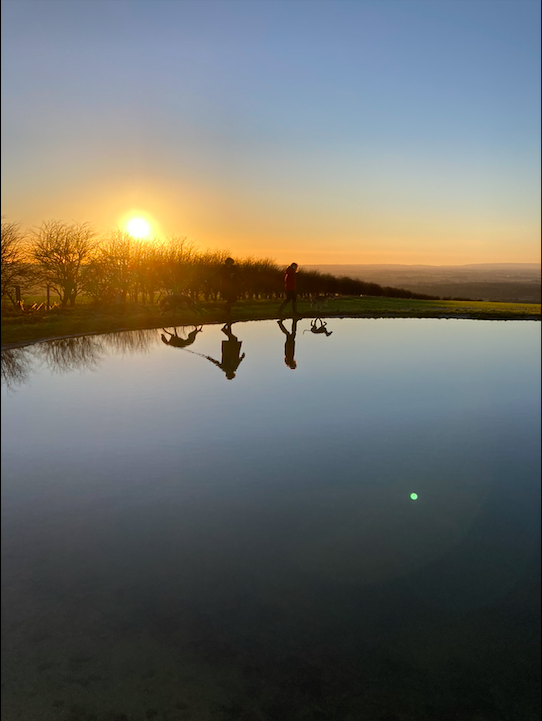It is the time of year students on our two University of York postgraduate degrees – Conservation Studies and Conservation of Historic Buildings develop their dissertation ideas.
So what makes a good dissertation? The trick is choosing a topic that will interest you and sustain that interest through the long period of time you are working on it. But also one that is manageable – not too big – but also not too insignificant.
I always start these conversations by asking students about the taught postgraduate modules – what did you find interesting? A topic, issue, case study or approach? Go back to that and read your notes or listen to it again – easier this year with our prerecorded lectures supplementing our in person teaching. Then look at the reading lists again – pick up on the relevant reading – reread it and look at the bibliography that is referenced – follow your interests through – a little light work on Google Scholar will pull up published papers by the author or on the issue.
This stage is like starting with the edges with colouring in or doing a jigsaw. It’s not until that deep dive into the reading that you realise the gaps in research and practice and have a sense of your own research and how this will plug the gap
Also think about skills you might want to use in your dissertation – it’s a portfolio piece so is there an approach or method you would like to experience?
It’s also important to look at past dissertations – this gives a sense of structure and expectations – and should help with those worries of this feeling too overwhelming
The other approach is to be guided by dissertation topics we propose- these develop from our own interests research or from where other organisations flag up potential research projects.
And if all of that fails – a good walk is always the next stage -to put those ideas into perspective and have a think away from the distractions of the screen.

The supervision of dissertations is also really special … both projects that we develop from our own interest, but also those project students develop themselves and we then see take shape.
